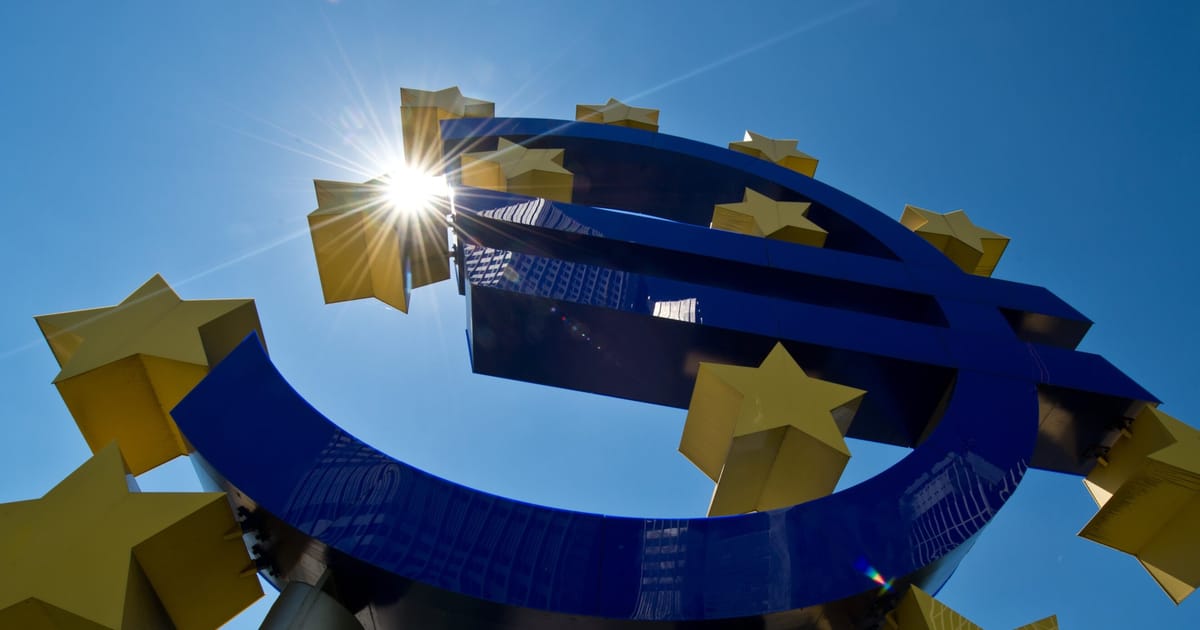At home, the EU must further develop its capabilities to combat organized crime, terrorism and radicalization — both online and offline. Seven out of 10 criminal networks operate in more than three EU countries, which underscores the necessity for cross-border solutions, including the adequate financing of Europol and Eurojust.
The third concern is leveraging private investment and boosting competitiveness. As the global economic playbook changes, Europe must do what is necessary to boost its economic strength. And while long-term competitiveness is primarily achieved by improving framework conditions, like simplification and deepening the single market, the bloc must also rapidly increase investment in research, innovation, new technologies, digitalization and AI.
Key programs like Horizon Europe should be further developed to enhance Europe’s strategic position as a global center for innovation and excellence. And the green transition should remain a driver for growth. Europe must be capable of attracting the best researchers in the world.
 Swedish Parliament recently unanimously agreed on an investment plan toward spending 5 percent of GDP on defense. | Toms Kalnins/EPA
Swedish Parliament recently unanimously agreed on an investment plan toward spending 5 percent of GDP on defense. | Toms Kalnins/EPA
Member countries already have a big responsibility to make the reforms needed to boost private investment. However, the bloc’s long-term budget should be used to leverage private investment to a much larger extent than it currently is. Rather than simply distributing funds across a range of sectors, it should use guarantees to encourage risk-taking in primarily innovative sectors and facilitate scale-up.
In addition to these main policy priorities, a strong rule-of-law conditionality is also a must. In recent years, the EU has developed its rule-of-law toolbox and put it to effective use. Now is the time to further expand and develop the application of fundamental rights and include rule-of-law conditionality in the budget. Taxpayers must be able to trust that the EU’s funds are used appropriately and responsibly.
Finally, we must do all this by using our existing resources far more efficiently — not by increasing the budget’s volume or by means of introducing new common debt instruments. Labeling something a priority means that other things are less important. And as a result, we must be ready to make the hard decisions — both as individual member countries and as a bloc.
The world is rapidly changing. For a long time, calls to modernize the EU budget meant a step-by-step reprioritization. But this time, small steps won’t be enough. The bloc must rethink and reprioritize to both tackle the new challenges we face today and seize opportunities.
